About the Project Leadership Team
The purpose of this group is to bring together scholars with an interest in examining the research on quantitative tools and measures for gathering meaningful data. We aim to spark conversations and collaboration across individuals and groups with an interest in synthesizing the literature on large-scale tools used to measure student- and teacher-related outcomes.
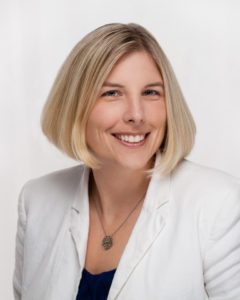
Erin Krupa, Ph.D.
NC State University
eekrupa@ncsu.edu
Erin Krupa is an assistant professor of mathematics education at the NC State College of Education. Her research focuses on improving the quality of mathematics teaching and learning through innovative curricular materials and professional development. The main goal of her research is to make quality mathematics education more equitable to all students, especially underserved populations. Krupa’s research pays close attention to the opportunity students are provided to learn mathematics content within a classroom and how teachers can increase this index for all students, regardless of demographics.
Krupa earned her Ph.D. in mathematics education at North Carolina State University. Her dissertation focused on the impact of an integrated mathematics curriculum on student achievement in high-need schools, using hierarchical linear modeling to account for variation in student achievement. It also analyzed the impact teacher’s participation in a state-funded professional development had on student achievement and on teachers’ implementation of the curriculum. Prior to returning for her Ph.D., Krupa taught secondary mathematics at W.G. Enloe High School in Raleigh, NC. She holds a master’s degree in mathematics from Wake Forest University. Erin was a Teaching Fellow at Elon University, where she earned her bachelor’s degree in mathematics.
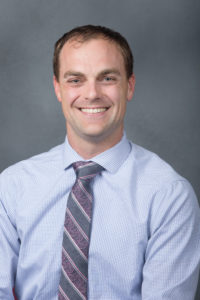
Jonathan D. Bostic, Ph.D.
Bowling Green State University
bosticj@bgsu.edu
Jonathan B. Bostic is an associate professor of mathematics education at Bowling Green State University. His research focuses on problem solving within K-16 contexts, as seen in 37 peer-reviewed manuscripts and more than 60 presentations since 2011. Bostic is also an expert within the scope of mathematics assessments and evaluation and validation of them. Prior to his Bowling Green State University appointment, he taught grades 6 – algebra, including remediation courses, in Virginia. He passionately believes that everyone is capable of engaging in meaningful mathematical learning and thinking. Bostic seeks every opportunity to assist others in becoming mathematically proficient citizens capable of solving the problems of today and tomorrow.
Bostic earned his doctorate in curriculum and instruction with an emphasis in mathematics education from the University of Florida in 2011. He completed minors in research and evaluation methodologies and educational psychology during his program. Additionally, he successfully finished 18 hours of graduate-level mathematics. He holds a B.S. in mathematics from the College of William and Mary and an M.Ed. in curriculum and instruction from George Mason University.
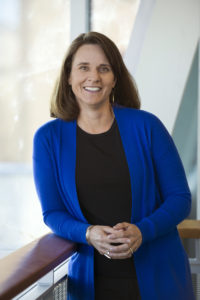
Michele Carney, Ph.D.
Boise State University
michelecarney@boisestate.edu
Michele B. Carney is an assistant professor of mathematics education at Boise State University. Her primary research focus is on examining and measuring students’ mathematical reasoning and teachers’ attention to student reasoning. She also has extensive experience facilitating professional development for teachers and examining how professional development can be effectively measured and scaled. She is or has served has PI or Co-PI on several large-scale mathematics professional development grants and co-directs Boise State’s IDoTeach program to prepare secondary STEM teachers.

Jeff Shih, Ph.D.
University of Nevada – Las Vegas
jshih@unlv.nevada.edu
Jeffrey Shih is an associate professor of mathematics education who joined the University of Nevada, Las Vegas faculty in 1999. He earned a B.A. in statistics with a minor in physics from the University of California, Berkeley. His Ph.D. in social research methodology/quantitative methods from the University of California, Los Angeles focused on the development of frameworks of rational number understanding for preservice teachers. His research focuses on the effect of curriculum on student achievement. His current work examines the effect of secondary standards-based mathematics programs on postsecondary access and success.
Graduate Students
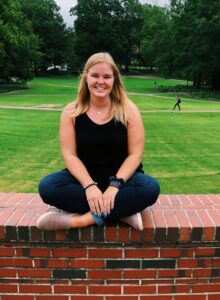
Brianna Bentley, M.A.
NC State University
blbentle@ncsu.edu
Bentley has a B.S. in Secondary Mathematics Education and a M.A. in Mathematics from Appalachian State University. She began her research career at Appalachian State University during her master’s program, where she studied college students’ understanding of fractions. Bentley taught high school and community college before returning to school to work on her Ph.D in Mathematics Education at NC State. Her research currently focuses on developmental mathematics programs at community colleges and math anxiety.
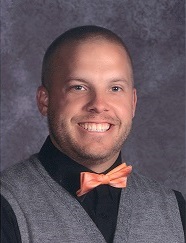
Tim Folger, M.Ed.
Bowling Green State University
tdfolge@bgsu.edu
Timothy Folger is a doctoral student in Leadership Studies in the College of Education and Human Development at Bowling Green State University. His current research focuses on the validity and validation of assessments in mathematics education. Folger previously taught mathematics in grades 5-7 and coached high school track and field. He holds a B.S. in Education and an M.Ed. in Curriculum and Teaching from Bowling Green State University.
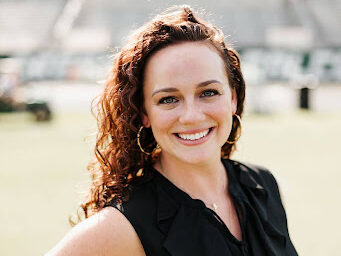
Katie Burkett, M.S.
NC State University
keburket@ncsu.edu
Katie is a doctoral student in the Teaching and Learning in STEM – Mathematics Education Ph.D. program at North Carolina State University. She earned her undergraduate B.A. degree in Mathematics with a 9-12 teaching licensure from Meredith College. She subsequently taught high school mathematics in the Wake County Public School System for three and a half years. Katie began her graduate studies at N.C. State where she earned a Master’s in Pure Mathematics. Her current research interests include the impact of curriculum and instruction on student learning at the secondary and post secondary levels. She is also interested in the math content knowledge of preservice secondary teachers.
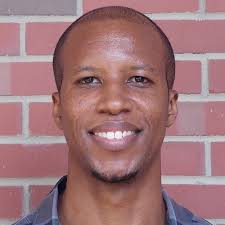
David Stokes, M.S.
NC State University
djstokes@ncsu.edu
David is a doctoral student in the STEM Education – Statistics Education Ph.D program at NC State University. He received his undergraduate B.A. degree in Communications – Media Productions from UNC – Chapel Hill. He began his graduate studies at George Washington University where he obtained a master’s degree in Special Education. He subsequently taught high school world history and mathematics in special education, co-teaching, and regular education settings for four years. David continued his educational pursuits in statistics, obtaining a master’s degree in general statistics from West Virginia University, and a master’s degree in statistics, with a biostatistics concentration, from NC State. His current research interests include characterizing learning environments in relation to STEM persistence and representation, in addition to interests in data analysis, data science, and statistics education.